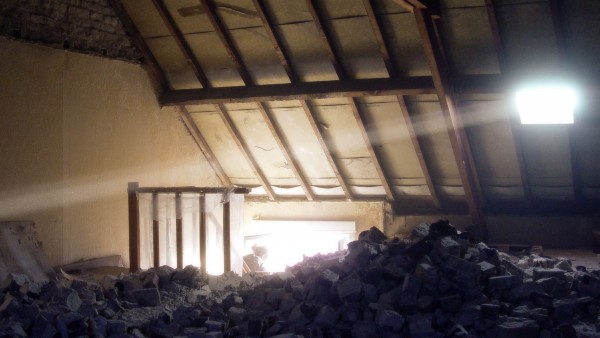Anyone thinking of renovating his or her home should already know that it will involve a lot of hard work, and could be really expensive, too. What they may not realise is that what seems like an easy renovation job can quickly turn into a catastrophe. Beginners in this field often make simple and obvious mistakes that are costly, but also prolong the time taken to complete the project, and can affect the project even after completion.
Being able to avoid these simple mistakes will help to keep renovation projects on budget, on time, and produce a satisfactory end result.
1) Avoid using cheaper materials.
In an attempt to save money, beginners are often tempted to buy cheaper equipment. However, this is a bad idea, as it can affect the entire renovation. Cheap woods or plasterwork can collapse quickly after the project is complete. It can also affect the final appearance of the completed renovation, lowering the value or making it look like a bad job.
2) Unnecessary expense.
Most renovation projects have an extremely tight budget which means that any unnecessary expenses can really eat into the available cash. Renovators often want to install period features, or add attractive structures to their building, but if they aren’t necessary, it is important to work out whether these features are really adding anything to the structure.
3) Not having a plan.
Before any important renovation, a well-thought-out plan must be in place. Without the plan, renovations can quickly spiral out of control, and with no idea of expenses, time schedules or order of construction, the project can swiftly become a disaster.
4) Getting rid of it all.
Most beginners in renovation think that the best way to handle their structure is to pull out the guts. Tearing a house to pieces is a serious mistake: it is much better to leave in any features and structures that are well supported.
5) Not measuring carefully.
There is an old adage which says ‘measure twice, cut once’. In renovation, measurements have to be precise, and carefully noted. Mistakes at this level can quickly come back to haunt the builder.
6) Not calculating scales.
Just as with measurements, scaling in renovation projects needs to be precise. Making everything too narrow, or building an enormous worktop island in a tiny kitchen, not only makes a place difficult to work in, it could also make rooms feel awkward or uncomfortable.
7) Not using the right tools.
There are standard sets of workers’ tools in renovation and they all need to be used correctly. Some tools can be damaged if used for the wrong job, and others may simply be so unsuitable that they damage the building or installed features.
8) Not being safe.
Any renovation project is likely to involve exposed wires, removed floorboards, or even dismantled walls. Without proper safety practices, anyone working on the project is putting their health – or their lives – at risk.
9) Not sticking to the plans.
Once the plan for a renovation project has been drawn up, it is important to stick as closely as possible to it. Not only can it affect the final completion of the project, but it may also affect the renovation permissions and licences.
10) Not getting the right permissions.
Renovation projects often require extensive licences and permits before work can be started. Don’t risk having to remove expensive work because the right permission wasn’t sought.
Jon Riley is the Co-Founder of the award-winning fibrous plaster Locker & Riley. Jon has carried out many renovations and examples of his work can be seen at locations such as St Pancras Renaissance Hotel and The London Palladium
